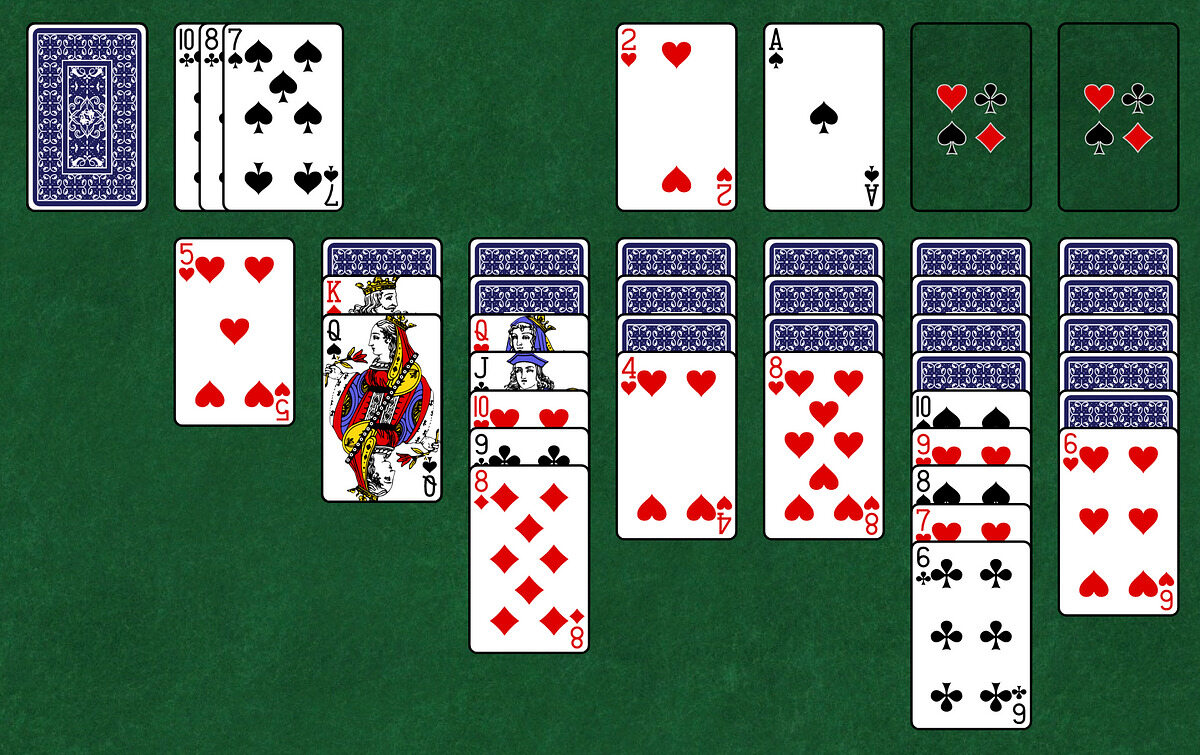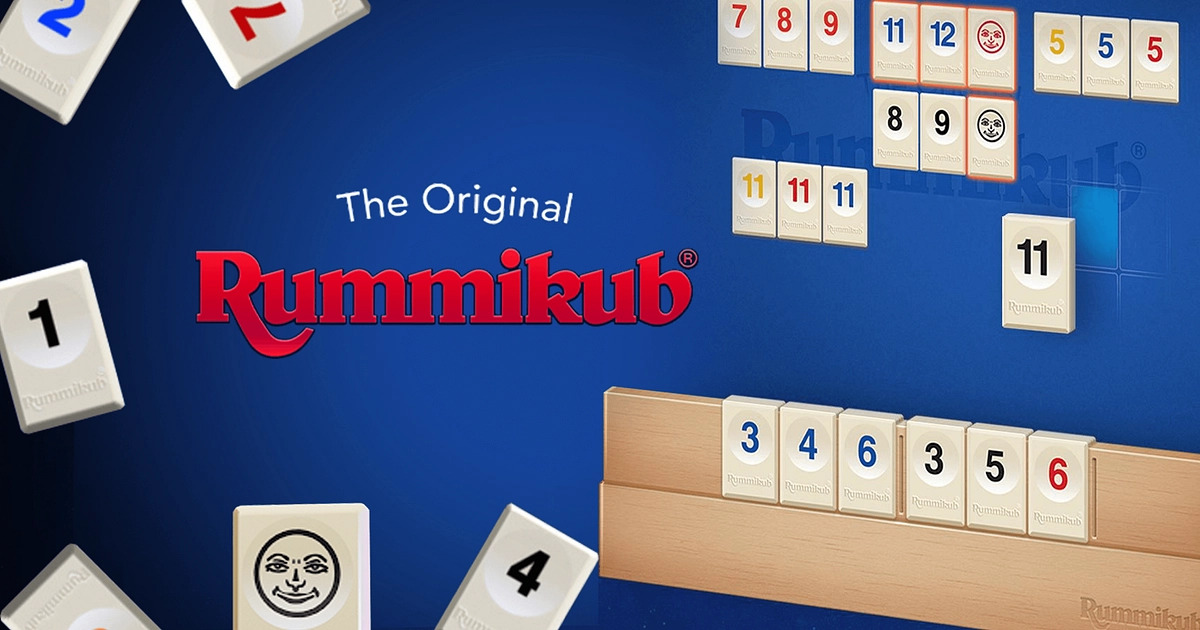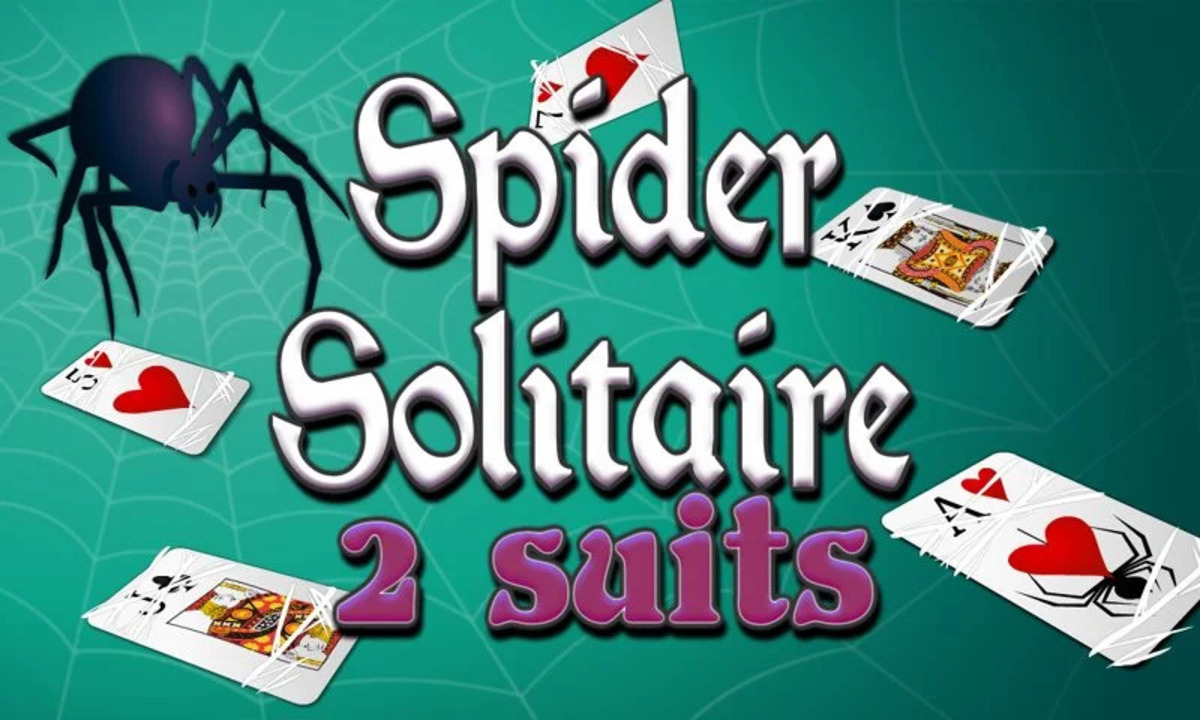What Is Solitaire?
Solitaire is a classic card game that has stood the test of time as a beloved pastime for individuals seeking both relaxation and mental stimulation. Known for its simple rules and strategic depth, Solitaire has been a favorite among card enthusiasts for generations. The game involves organizing a deck of cards into specific sequences, requiring players to think ahead, adapt, and make calculated decisions.
Popularized in digital form by its inclusion in early versions of Microsoft Windows, Solitaire remains one of the most played computer games of all time. Its appeal lies in its accessibility, as it can be played alone and requires nothing more than a standard deck of cards or a digital platform. From its calming pace to its challenging strategies, Solitaire caters to players of all skill levels, offering a timeless blend of entertainment and mental exercise.
Gameplay and Objectives
The objective of Solitaire is to organize a standard 52-card deck into four foundation piles, each corresponding to a suit (hearts, diamonds, clubs, and spades) and arranged in ascending order from Ace to King. The game begins with seven tableau columns, each containing a varying number of face-down and face-up cards. The remaining cards form a draw pile, which players can use to supplement their moves.
Players move cards between the tableau columns, uncovering hidden cards and creating descending sequences in alternating colors. For example, a black 6 can be placed on a red 7. Once a sequence is completed, cards can be transferred to the foundation piles. The game is won when all cards are successfully placed into the foundation piles.
Features and Highlights
Solitaire’s standout feature is its balance of simplicity and strategy. The game’s rules are easy to understand, making it accessible to beginners, while its depth challenges experienced players to optimize their moves and achieve faster completion times. The game’s relaxing pace allows players to enjoy it as a leisurely pastime or engage in timed challenges for added excitement.
Digital versions of Solitaire often include customizable themes, hints, and undo options, enhancing the user experience. Variations such as Spider Solitaire and FreeCell introduce unique twists, providing endless variety for fans of the genre.
Tips and Strategies
Beginner Tips
For new players, focusing on uncovering face-down cards in the tableau is a key strategy. This opens up more moves and increases the chances of completing sequences. Always prioritize moving Aces and low-value cards to the foundation piles as soon as possible, as this clears space and facilitates progress.
Another fundamental tip is to avoid drawing from the pile unnecessarily. Instead, analyze the tableau for moves that can be made with existing cards. Planning ahead and considering the consequences of each move can prevent dead ends and maximize opportunities for success.
Advanced Strategies
Experienced players can enhance their Solitaire gameplay by mastering techniques like managing empty tableau columns strategically. Empty columns provide valuable space for rearranging cards, particularly Kings and their associated sequences. Advanced players also prioritize creating balanced tableau columns, ensuring that each has enough flexibility for future moves.
When faced with multiple options for moves, choose the one that uncovers the most hidden cards or creates opportunities for additional moves. Timing is also crucial in timed variations; developing a rhythm and minimizing unnecessary actions can significantly improve completion times and scores.
Variants or Related Games
Variants and Spin-Offs
Solitaire has spawned numerous variations, each offering a unique twist on the classic formula. Spider Solitaire challenges players to arrange cards into complete sequences within a single suit, while FreeCell requires players to utilize limited open spaces to manipulate the tableau. Pyramid Solitaire introduces a triangular layout, with players aiming to match cards that add up to 13.
These variations expand on Solitaire’s core mechanics, providing fresh challenges and catering to diverse preferences. Digital versions often include multiple variants in a single package, allowing players to switch between styles seamlessly.
Similar Games You Might Enjoy
Fans of Solitaire may also enjoy other single-player card games such as Hearts and Klondike. Additionally, games like Mahjong and Sudoku offer similar strategic and pattern-recognition challenges, making them great alternatives for Solitaire enthusiasts seeking variety.
The Origins of Solitaire
Solitaire’s origins can be traced back to the 18th century, where it was first documented in Northern Europe. Initially known as “patience,” the game was popularized as a solitary activity that tested one’s skill and strategic thinking. It gained further prominence in the 19th century, becoming a common pastime among aristocracy and eventually spreading to the general public.
How Solitaire Has Evolved
Solitaire reached new heights of popularity in the digital age, thanks to its inclusion in Microsoft Windows in 1990. This version introduced millions of users to the game, solidifying its place in gaming history. Over time, Solitaire has evolved with the advent of mobile devices and online platforms, offering enhanced graphics, multiplayer modes, and global leaderboards.
Today, Solitaire continues to thrive as a staple in the casual gaming world, celebrated for its accessibility and enduring charm.
Did You Know?
The original Solitaire included in Microsoft Windows was designed to teach users how to use a computer mouse, particularly the drag-and-drop function. This innovative approach to user training contributed to its widespread appeal.
Another interesting fact is that there are over 1,000 variations of Solitaire, ranging from simple to highly complex. The game has also been studied in the field of artificial intelligence, with researchers developing algorithms to determine optimal strategies and probabilities.
Why Solitaire Is Worth Playing
Solitaire’s enduring popularity lies in its perfect blend of relaxation and challenge. Its simple rules make it easy for anyone to play, while its depth provides endless opportunities for improvement and mastery. Whether you’re looking to unwind after a long day or engage your mind in a strategic puzzle, Solitaire offers something for everyone.
The game’s adaptability and timeless appeal ensure that it remains a favorite across generations. Dive into Solitaire today and discover why this classic card game continues to captivate players worldwide.
Share Your Thoughts
What’s your favorite way to play Solitaire? Share your tips, strategies, or memorable wins in the comments below. We’d love to hear about your experiences! Don’t forget to check out our other game reviews for more fun and engaging titles.



